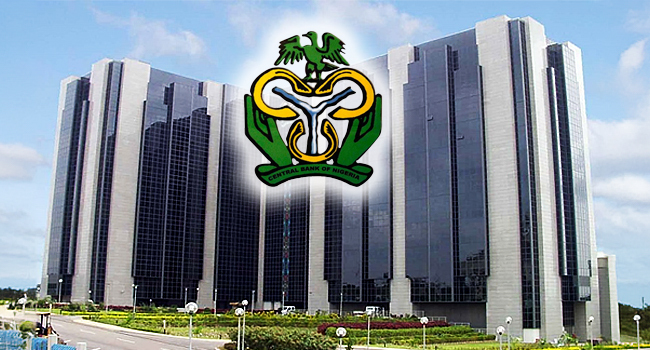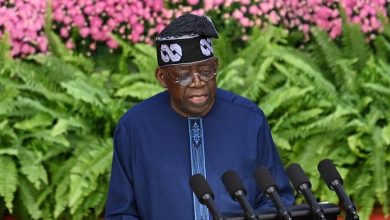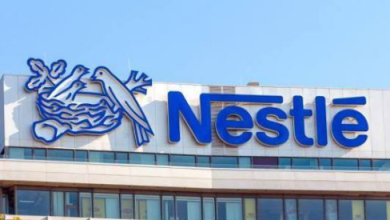Inflation drops to 18.02%, Nigeria records lowest rate in 3 years — CBN

Nigeria’s inflation rate has fallen to 18.02 per cent in September 2025, its lowest level in three years, according to Central Bank of Nigeria (CBN) Governor, Yemi Cardoso.
Speaking on Thursday in Washington, where he is attending the ongoing Annual Meetings of the International Monetary Fund (IMF) and the World Bank Group, Cardoso attributed the decline to sustained monetary tightening and reforms in the foreign exchange market.
The new inflation figures, released by the National Bureau of Statistics (NBS), showed a sixth consecutive month of decline from the peak of 34.19 per cent recorded in June 2024.
Core inflation eased to 19.53 per cent, while food inflation moderated to 16.87 per cent, according to the data.
“This trend marks a significant reversal from last year’s inflationary peak and reflects the impact of the CBN’s decisive monetary policy actions to restore price stability and anchor expectations,” Cardoso said.
He noted that the CBN had implemented aggressive policy adjustments, including raising the Monetary Policy Rate (MPR) from 18.75 per cent to 27.50 per cent and increasing the Cash Reserve Ratio (CRR) to 50 per cent for commercial banks and 16 per cent for merchant banks.
At the September 2025 Monetary Policy Committee (MPC) meeting, the CBN eased slightly, lowering the MPR by 50 basis points to 27.00 per cent, and reducing the CRR for commercial banks to 45 per cent, while maintaining its overall tightening stance.
“These measures were supported by major reforms in the FX market, including exchange rate unification and enhanced transparency to improve price discovery,” Cardoso added.
He said the Naira had since stabilised, with the gap between the official and Bureau de Change (BDC) rates narrowing to less than two per cent, helping reduce imported inflation and reinforcing domestic price stability.
Foreign reserves, according to the CBN governor, remain above $43 billion, offering more than eleven months of forward import cover, backed by steady foreign exchange inflows.
Cardoso reaffirmed the bank’s commitment to consolidating the disinflation trend through a mix of policy tools, including exchange rate stability, improved agricultural output, and reduced petroleum product prices.
He expressed confidence that inflation would continue on a downward trajectory in the short term, driven by the tightening measures, increased food supply, and a relatively stable macroeconomic environment.



